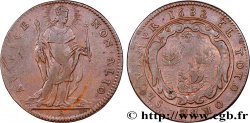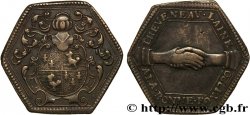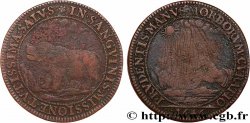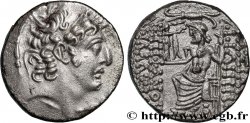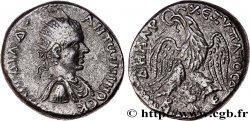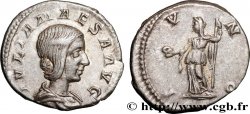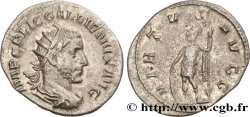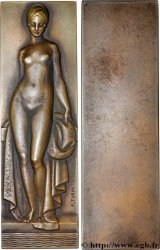Live auction - fjt_541245 - CORPORATIONS Agents de change 1773
You must signin and be an approved bidder to bid, LOGIN TO BID. Accounts are subject to approval and the approval process takes place within 48 hours. Do not wait until the day a sale closes to register. Clicking on "BID" constitutes acceptance of the terms of use of cgb.fr private live auctions.
Bids must be placed in whole Euro amounts only. The sale will start closing at the time stated on the item description; any bids received at the site after the closing time will not be executed. Transmission times may vary and bids could be rejected if you wait until the last second. For further information check the Live auction FAQ
All winning bids are subject to a 18% buyer’s fee.
All winning bids are subject to a 18% buyer’s fee.
| Estimate : | 75 € |
| Price : | no bid |
| Maximum bid : | no bid |
| End of the sale : | 30 July 2019 17:07:29 |
Type : Agents de change
Date: 1773
Metal : silver
Diameter : 30,5 mm
Orientation dies : 6 h.
Weight : 8 g.
Edge : striée
Obverse
Obverse legend : QUI DICTA FERANT ET FÆDERA FIRMENT.
Obverse description : Livres des transferts sur lesquels sont posés un caducée et une plume ; à l'exergue en trois lignes : AGENTS DE CHANGE/ DE LYON/ 1773.
Obverse translation : (Qu'ils rapportent ce qui est dit et consolident les contrats).
Reverse
Reverse description : Cartouche aux armes de Lyon surmonté d’un mufle de lion, entouré de guirlandes, accosté de feuillages et posé sur une console.
Commentary
Sans signature au revers. Les commissions de courtiers furent érigées en offices sous Charles IX avec un nombre limité. La profession est constituée en corporation en 1675. En 1772, de nouveaux règlements sont fixés et les officiers et syndics de la corporations reçoivent désormais quarante jetons à l’expiration de leur exercice. Trois types sont connus dont l’un (Tricou 31) est l’œuvre de François Lebrun, graveur lyonnais.







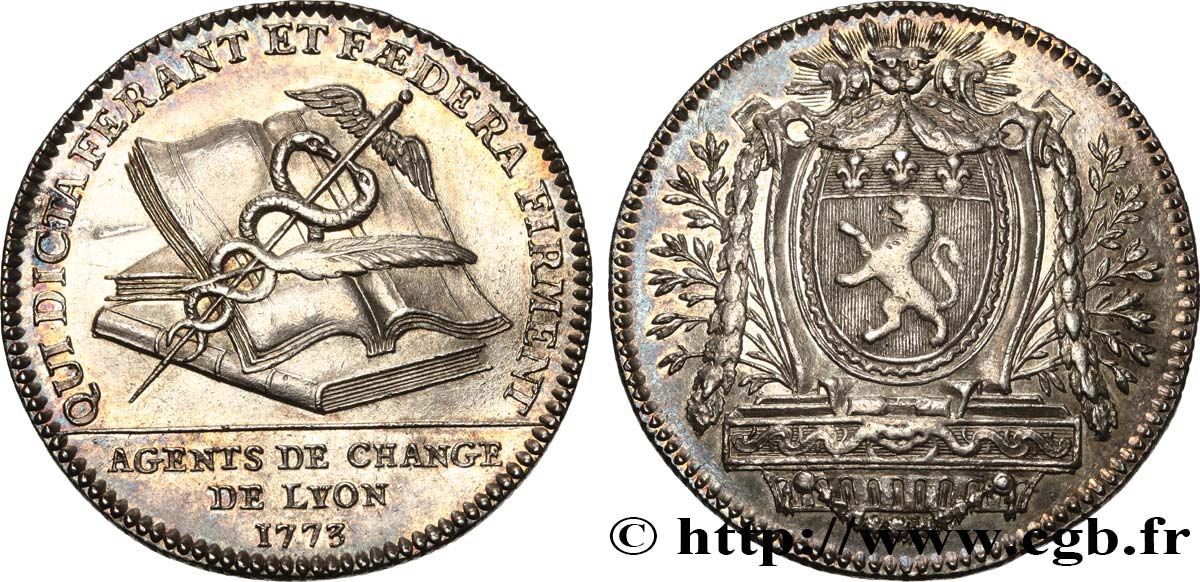
 Report a mistake
Report a mistake Print the page
Print the page Share my selection
Share my selection Ask a question
Ask a question Consign / sell
Consign / sell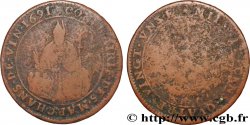
 Full data
Full data